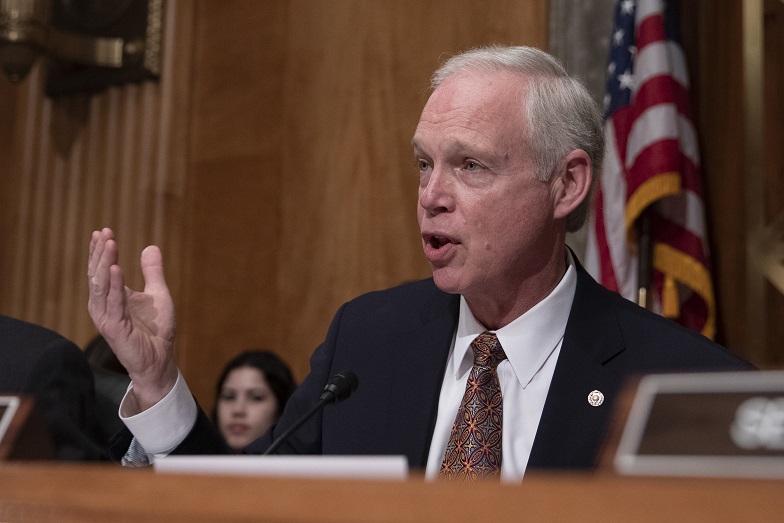
And in 1980, Ronald Reagan was present to hear Southern Baptist Convention president Dr. The Reverend Jesse Jackson maintained a relationship with openly anti-Semitic Reverend Louis Farrakhan and referred to Jews as “Hymies” and New York as “Hymietown” during his 1984 campaign. Duke launched presidential campaigns in 19. Sadly, none of this is terra incognita for older American Jews. Trump’s hesitation to distance himself from Klansman David Duke, journalists with seemingly Jewish names (who may or not be Jews) reporting dramatic increases in online anti-Semitic harassment after writing articles critical of Trump, and the discontinuation of the Republican National Committee's convention’s live-stream when online responses to Jewish former Hawaii Governor Linda Lingle’s speech became virulently anti-Semitic have all triggered fears of physical persecution. In the post-Holocaust world, existential threats are particularly disconcerting.
#Jamie raskin yarmulke code#
So did the repetition of the names of allegedly scheming Jews (specifically Blumenthal, Gruber, Soros, Wasserman Schultz, and the historically Jewish financial firm Goldman Sachs) and conspiracy theories involving “international bankers.” Cruz derided Trump’s “New York values" and labeled Trump's criticism of Cruz accepting a loan from Goldman Sachs as “chutzpah” (properly pronounced, but with extra emphasis on the “ch” sound-as in “ach du lieber,” not “chew”-for laughs), revealing how “New York” is often code for “Jewish” and all that is foreign to “real American values.” Trump’s declaration to Jewish Republicans that he was “ a negotiator, like you folks,” and his campaign’s use of an image of Clinton with a six-pointed star beside the caption “Corrupt,” on a background of $100 bills, replayed negative stereotypes about Jewish business practices. The use of code words and negative stereotypes-particularly when invisible to non-Jews-only serves to increase Jewish discomfort. And while likely not his fault, Trump accepting and wearing a Jewish tallit during a church visit raised concerns about cultural appropriation, supercessionism, and religious obliteration.
Comments from former Congresswoman Michele Bachmann, a religion advisor to Donald Trump’s campaign, that her candidate fondly recalled when “ even my Jews would say ‘Merry Christmas’” blended experiences of cultural marginality and subservience with veiled accusations of Christmas-bashing. Questions from radio talk-show host Diane Rehm to Senator Bernie Sanders about Israeli dual-citizenship- which he does not have, and about which she learned from Facebook (!)-recalled accusations of divided (or inauthentic) Jewish loyalty.
Senator Ted Cruz's acceptance of an endorsement from Pastor Mike Bickle, who articulated a vision of Jews as mere players in his own community’s eschatological drama, reminded many of the insultingly essentialistic role some Protestants envision for all Jews.

Jewish communal memory often elicits reactions among American Jews who have experienced xenophobia as list-making not as in “who stays and who goes,” but as in “who goes first and who goes second.” In the recent campaign, Islamophobic and anti-immigrant rhetoric have revived memories of nearly two millennia of dependence on the toleration of host nations. What seems new is the way this rhetoric has revealed a significant difference in how non-Jews and Jews understand “religion,” particularly with regard to Jewish identity. Some of the rhetoric-seeming indifference to Jewish sensitivities, the deployment of anti-Semitic stereotypes, and even rhetorical threats of physical harm-is not unheard of in American politics. Many American Jews have felt uneasy during the current presidential campaign, largely because of how Judaism has been the object of campaign rhetoric-from various candidates and the media, and in ways that are neither flattering nor representative.


 0 kommentar(er)
0 kommentar(er)
